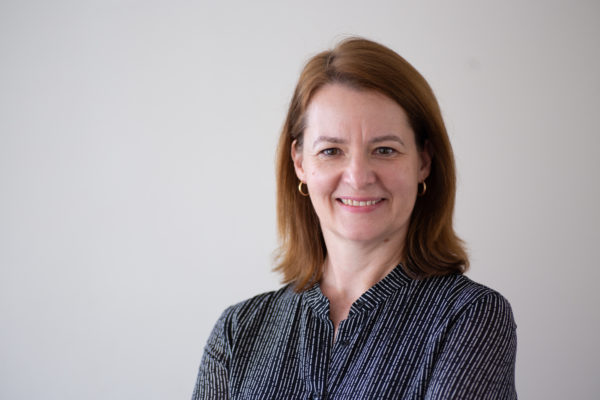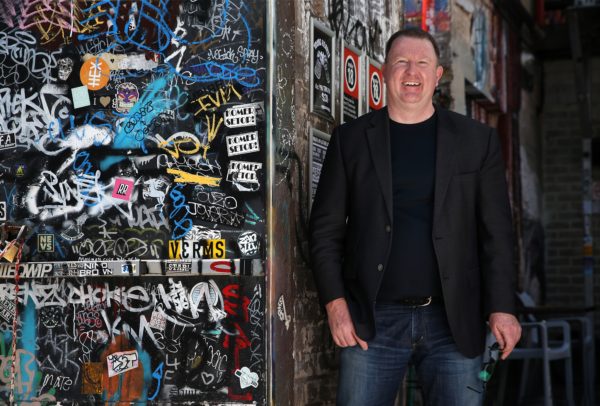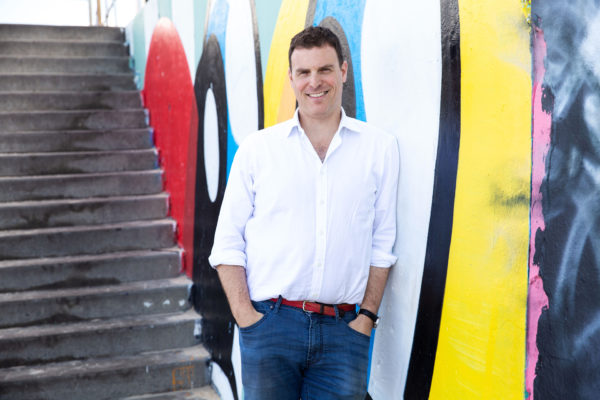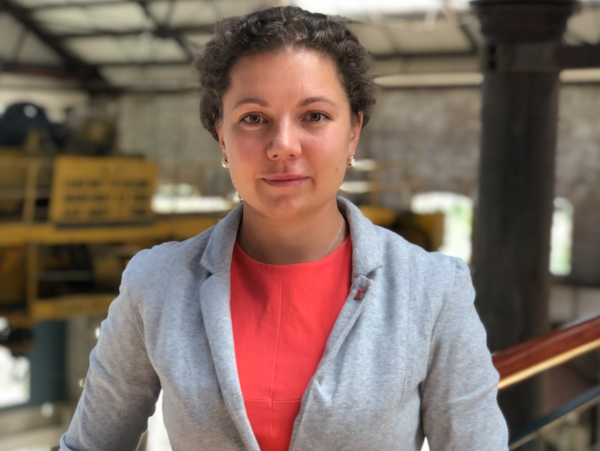Devil’s advocate: Six startup founders on the toughest questions investors ask

(Getty Images)
For almost any startup, the time will come when founders need to front private investors and raise capital to fund the next stage of growth.
Access to early-stage funding will generally determine if a business idea gets the cashflow it needs to grow into a scalable model, or ends up on the scrap heap.
And when it comes to putting those business ideas under scrutiny, often there’s no better devil’s advocate than an experienced investor who’s asking for a good reason to part with their capital.
In view of that, Stockhead spoke with six successful startup founders to get the lowdown on that most difficult questions they’ve been asked when pitching their business to potential investors.
Dr Silvia Pfeiffer, CEO at Coviu

In a nutshell
“Most of the questions investors ask are tough to answer. However, the trickiest two I’ve come across are ‘what is your exit plan?’ and ‘why do you think a bigger global company won’t decide to go after your market?’”
The details
When you get asked about an exit plan, you’re essentially being asked to dismantle something that you’ve worked so hard to create. As a startup founder, your whole goal is to build something that will help people, and grow a business. Therefore I think it’s very difficult at the startup phase to know whether at some stage you’ll want to sell, who may be interested in buying the business, or whether you’ll be able to grow the business sufficiently to list it.
On competition from bigger companies, there’s never really an easy answer for how to combat this. My last business was in video search – we built a video search engine before Google had one. Then when Google decided to build theirs, we pivoted to big data analytics around online video. We pivoted because we thought we couldn’t compete with Google.
As it turned out, there were a number of other companies that stuck to their video search focus and sold to other players that needed video search, for example big video hosting companies like Brightcove. This shows that a new technology isn’t only needed by one big player in the market – there are plenty of other places where a new technology can play and be valuable.
Andrew Maloney, CEO at Student Super

In a nutshell
“The hardest questions are the inherently unanswerable ones.”
The details
Raising capital is fundamentally about accessing money today that will be used to create a future return. When you deal with the future, you immediately land in a world of probabilities. There is no certainty in the future, just probabilities. A good investor understands that, and has an inherent good sense of weighing realistic probabilities.
The hardest questions come when an investor has an unrealistic view of uncertainty. They either want everything to be unrealistically certain, or fear that everything bad is not just possible but probable.
For example, an investor might insist on getting a very specific answer to questions that are inherently probabilities. You can give them what they want: “We will sign up 22,500 members in year 6.” But it’s disingenuous.
It’s hard to have to explain that we can only provide our best estimate based on XYZ data points. But you end up sounding weak. I don’t know how to deal with these questions.
Worse is the opposite – when an investor selects a highly unlikely event, and demands that you assure them it is impossible.
“What happens if Google launches a superannuation fund?” And of course nothing is entirely impossible, so you end up going in circles discussing improbable vs impossible. You pretty quickly realise you are wasting your time.
It’s great when you have an investor who occupies the middle ground. They are comfortable with an uncertain future and have an ability to assess risk realistically and intelligently. You have a much more insightful conversation.
Yanir Yakutiel, CEO and founder of Lumi

In a nutshell
“In my experience, knowing your numbers inside out and having a great time are the key aspects to focus on before meeting potential investors.”
The details
Investors will want to spend time understanding your financial model. Be prepared for questions about your future projections, how much equity and debt you’ve raised, factors limiting faster growth, key metrics the management focuses on and are you raising enough money to do what you set out to do.
They will also be curious about when and how much you’re expecting to raise in the next financing round as this will have a material impact on the value of their investment.
Also, most investors in the early stages are more concerned about the quality of the team than the products, as the product can be streamed over time. They will want to know that you have the right people to execute the plan you put forward.
They will also want to know who the key team members are, their experience in the industry and other key roles you’re considering to fill in the future.
Anastasia Volkova, CEO at FluroSat

In a nutshell
“The toughest question I was asked is ‘why are you going to win?’.”
The details
This question is looking to reveal the “secret weapon” or “secret sauce”, as it’s often called. It’s a difficult one to judge how to answer, because you might want to hold off showing this ace till later in the pitch.
This question gives you a great opportunity to share why you believe your team, your Go-To-Market strategy and your technology are going to shape the future. For many businesses however, it’s hard to point out any of the elements as the singular “killer reason” for success.
In this instance, it’s important to convey to the investor why a combination of ingredients unique to your team and your vision is so uniquely powerful that it is definitely going to be a winning one!
Dr Elliot Smith, CEO at Maxwell Plus

In a nutshell
“The hardest question I’ve been asked is ‘how are you going to make a change to a giant slow-moving industry (i.e. healthcare)?”
The details
It’s a relevant question; health is big, slow and often resistant to change. We’ve tackled this problem with a combination of science and having a startup mindset – being flexible and agile.
We’ve also had to find a way to demonstrate to investors that we were appealing to the outcomes, research focused clinicians. Ultimately, we’re looking at new ways to test for prostate cancer, which clinicians are very open to, so we’re able to work collaboratively with them to make a real change.
Marcus Ehrlich, MD at Ninox Robotics

In a nutshell
“Using drone technology for commercial purposes is in its relative infancy, so I’ve been on a journey to educate investors on the merits of the market opportunity, the viability of the products and the global scalability of the platform.”
The details
Given the level of technical complexity in our business, which involves both (flying!) machinery and data, it’s often an initial stumbling block for potential investors who want to know how Ninox is going to be the winner in the race for competitive advantage.
One of the most difficult questions is around forecasting numbers and what potential returns might look like for investors. We operate in a highly regulated environment at the same time as attempting a technological shift, where both the wheels of government and industry often move slowly. Forecasting forward numbers and their arrival is challenging given these circumstances.
UNLOCK INSIGHTS
Discover the untold stories of emerging ASX stocks.
Daily news and expert analysis, it's free to subscribe.
By proceeding, you confirm you understand that we handle personal information in accordance with our Privacy Policy.








